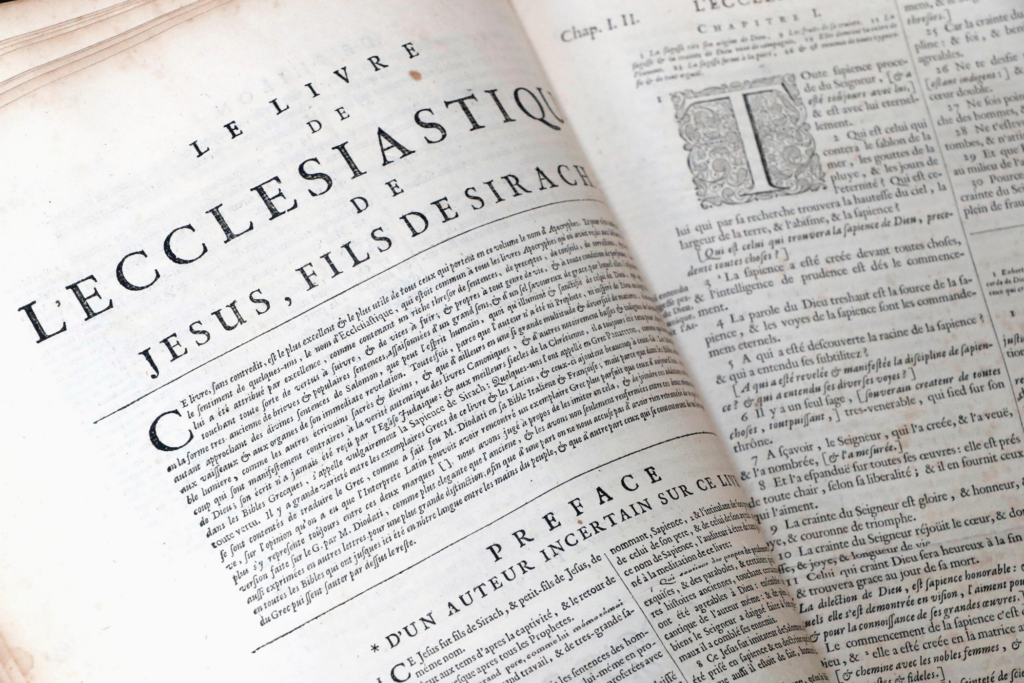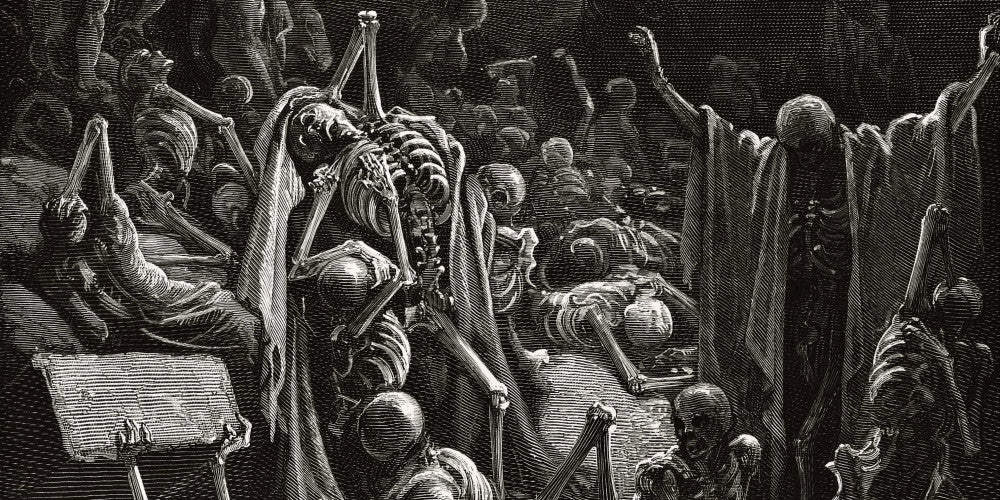The Book of Ecclesiastes or Sirach, also known as Qohelet, is an Old Testament book of wisdom. Traditionally attributed to King Solomon, although the actual author is unknown, Ecclesiastes offers a profound reflection on the nature of human life, the quest for meaning and the search for happiness. Let's see how the Catholic Church interprets this book.
The Book of Ecclesiastes, also known as Qohelet, is an Old Testament book of wisdom. Traditionally attributed to King Solomon, although the actual author is unknown, Ecclesiastes offers a profound reflection on the nature of human life, the quest for meaning and the search for happiness. Let's see how the Catholic Church interprets this book:
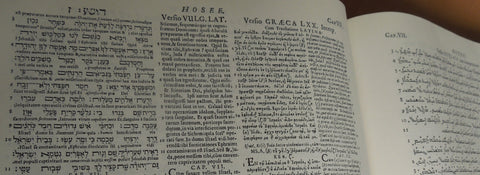
I- Nature and Main Themes
Ecclesiastes explores themes of vanity, the transience of life, and the quest for ultimate meaning. The author meditates on the fleeting nature of earthly life and seeks to find meaning in what seems to be a vain and aimless existence.
II- The Quest for Meaning and Happiness
The author of Ecclesiastes expresses his constant quest for meaning and happiness. He explores various avenues for finding satisfaction, including wealth, pleasure, hard work, and wisdom, but ultimately concludes that it is all "vanity and chasing after the wind."
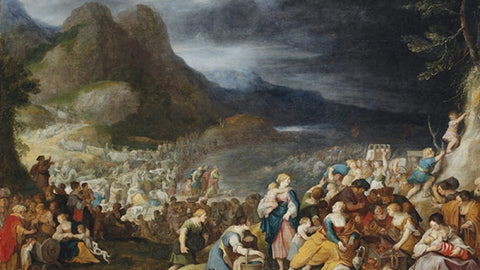
III- The Perspective of the Catholic Church
The Catholic Church interprets Ecclesiastes as a meditation on the human condition and the search for meaning through a theological perspective. She emphasizes that although the author can express a feeling of despair in the face of the vanity of earthly life, this perspective is incomplete without taking into account the dimension of faith and the relationship with God.
IV- Faith and Divine Providence
The Catholic Church teaches that faith in God gives ultimate meaning to human life and offers a deeper perspective on the reality of the vanity of this world. Divine providence gives purpose and direction to human life, even in the midst of difficulties and uncertainties.
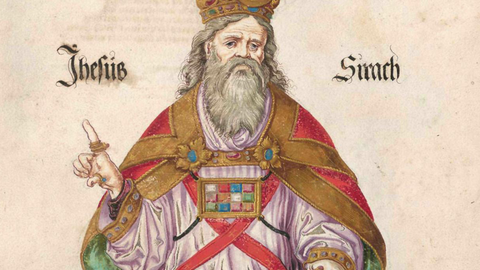
V- The Quest for God and Virtue
Ecclesiastes, while recognizing the reality of the vanity of life, encourages the search for God and the practice of virtue. The Catholic Church emphasizes that the quest for meaning and happiness finds its fulfillment in a living relationship with God and in the practice of charity and justice towards others.
VI- The Call to Wisdom and the Fear of God
The Catholic Church teaches that wisdom lies in fearing God and keeping His commandments. Ecclesiastes calls for a life of piety and virtue, recognizing that true wisdom lies in a living relationship with God and in the practice of justice and charity toward others.

VII- Conclusion: Wisdom in the Catholic Faith
The Catholic Church sees in Ecclesiastes a profound meditation on the human condition and the quest for meaning in life. She emphasizes that although the author can express feelings of despair in the face of the vanity of earthly life, this perspective is incomplete without taking into account the dimension of faith and the relationship with God. May we, in our quest for meaning and happiness, find true wisdom in a living relationship with God and in the practice of charity toward others, as the Catholic Church teaches us.


